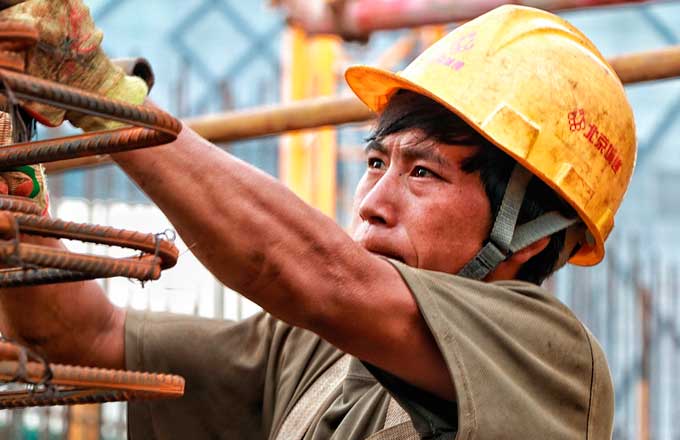National criteria for appraising relics to be created
Experts will help create detailed national criteria for appraising privately owned antiques, a cultural heritage official said on Thursday.
In addition, the government will assist public museums and professional institutions in offering regular and nonprofit appraisal services for private collections.
The plan was announced by Liu Yuzhu, director of the State Administration of Cultural Heritage, during a national meeting of cultural heritage administrators in Maanshan, Anhui province.
"Privately owned items comprise a crucial part of our country's cultural relics," Liu said. "Collections of cultural relics need to be encouraged, but a dynamic market should be developed correctly."
Liu said the administration will establish a "blacklist" to eliminate dealers who violate the law or who have poor credit, but he also said that legal trade channels for cultural relics will be widened to include online platforms.
China recently finished a five-year nationwide survey of cultural relics housed in public institutions, but Liu cited lack of information on privately owned artifacts as a major obstacle to enhanced protection.
Last year, about 6,000 porcelain antiques donated by an collector to his alma mater, Beijing Normal University, were said to be fake.
Criticism went viral again earlier this year when a grassroots cultural relics exhibition opened in Beijing. The exhibits, many of them bizarre, were thought to be counterfeits, but they continued to be displayed.
"That is due to lack of authoritative appraisal institutions that can make such judgments," said Pan Shouyong, a museum studies professor at Minzu University of China.
According to Pan, the absence of a supportive policy has led to many professionals showing little interest in appraising privately owned relics.
"There is a stereotype that privately owned relics were dug from the ground," he said. "Consequently, scholars are reluctant to touch the field. They want to avoid getting involved with possible illicit excavations."
However, Pan said, the definition of cultural relics has broadened as the number of public collections has risen.
"Many people's personal belongings inherited from their father's generation, or old items bought at flea markets, can also be counted as cultural relics," he said. "The huge public need and miscellaneous markets call for more voices from professionals."
Pan said some museums have already tried offering appraisal services to the public, but most are only available on May 18, International Museum Day. He praised attempts to offer the services regularly, which would provide more third-party appraisals when disputes arise.
Other than aiming for a healthier market, the State Administration of Cultural Heritage also expects the upcoming work to add to the boom in private museums in China.
"Many private museum operators are merely fans," Pan said. "The introduction of an item into a museum inventory needs a lot of expertise and a rigid process. More independent appraisals will solve the problems."
Still, Lei Xingshan, an archaeology professor at Peking University, said it's important to separate the authentication process from the marketplace.
"If necessary, it's OK for a professional scholar to tell whether artifacts are genuine or not, but they should keep away from money," he said. "For example, it's unacceptable to say how much money an artifact is worth. That is a basic principle everyone studying cultural relics should stick to."
In China, TV programs provide a major channel for appraising relics, but both Pan and Lei say such programs have little credibility and are mainly just entertainment.


























